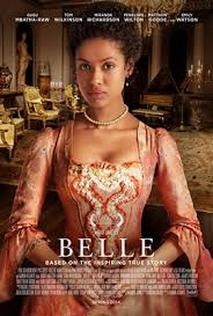 One thing retelling history can do is remind us of the horrors of the past in the hope that they will not be repeated. Narratives like Toni Morrison's harrowing novel Beloved and Steve McQueen's Oscar winning film Twelve Years a Slave have served to remind us of the story of slavery from an insider perspective, bringing the cruelty home to us in a powerful and uncomfortably intimate way – they give a voice to the victims. But it has been easy for us English to respond from a distance, thinking of it as something essentially that happened elsewhere. It is true there has been much post-colonial discourse on the slave trade, with commentary on why it is never mentioned in Jane Austen; and novels like Heart of Darkness demonstrated anxiety about the destruction of Africa and its people more than a hundred years ago, but now we are beginning to see narratives that put slavery right into the gentile drawing rooms of Georgian England. Imogen Roberston's latest novel Theft of Life describes a multi-cultural eighteenth century London, its hands drenched, up to the elbows, in blood. In her notes she says, 'Our institutions, our monuments and our culture are all stained and coloured by slavery, and it's not talked about enough,' and what her novel seeks to do, aside from entertain, is open that conversation in an unexpected arena: that of crime fiction. Drawing on stories of Oludah Equiano and Frances Glass she shapes her narrative around the atrocities of slavery, allowing us to see, with each teaspoon of sugar, that they existed as much in Europe as they did across the Atlantic. She gives her protagonists, whether black or white, a voice and a space to express themselves, showing them all as equally part of the fabric of society even if their status was often unequal. Within Robertson's gripping novel, stories emerge of a bookseller who was once a slave, as was a teacher in the art of swordsmanship; the mixed-race children of slave owners and their female slaves, carry the weight of a past that asks questions about how those, surely one-sided, relationships. One such story is Belle, which tells of the mixed-race daughter of a naval Admiral and a slave. She was gathered into her aristocratic English family and raised by her grandfather, Lord Mansfield a man who had a hand in the abolition of slavery. Based on a true story, the film addresses issues of race – Belle though well loved is not quite treated as equal to her white siblings – from an oblique angle, placing ideas about 'otherness' at the heart of what is essentially a traditional tale of romance, only here the obstacle to love, so necessary to the genre, is the heroine's skin colour. The impact of the young woman being named Belle highlights both the similarities of this story with that of Beauty and the Beast whose simpering Disney protagonist bears the same name, placing it at the heart of its genre whilst also commenting upon the story of 'otherness' it has to tell. People may want to judge films with a romantic imperative such as this as trivialising an issue that deserves more weight but it is by siting those narratives into genre fictions, be they crime or romance, that they inform a wider audience and that can only be a good thing. Theft of Life is published by Headline and is out in hardback and ebook Belle is out in cinemas nationwide from 13th June Elizabeth Fremantle is the author of Tudor fictions Queen's Gambit and Sisters of Treason. Visit her website for information on those and future projects – elizabethfremantle.com
0 Comments
|
Subscribe to Elizabeth's quarterly newsletter below:Archives
June 2018
Categories
All
|
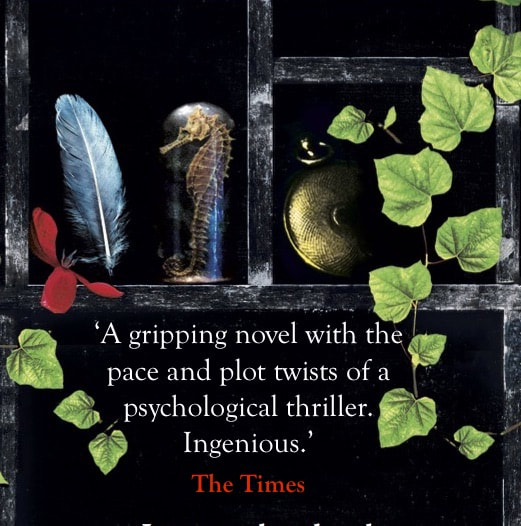
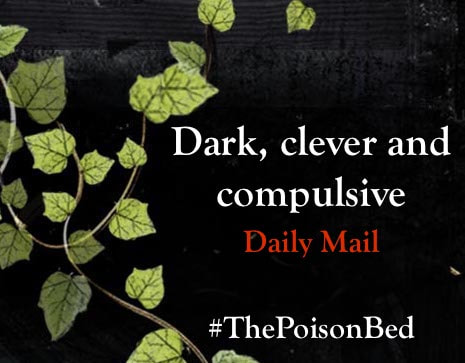
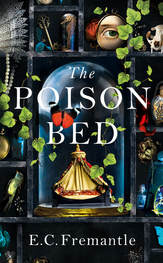
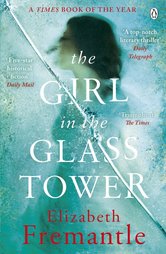
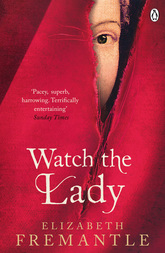
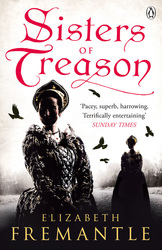
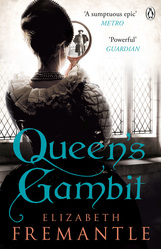
 RSS Feed
RSS Feed
